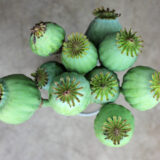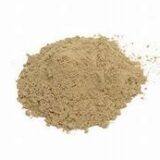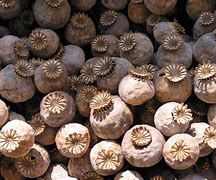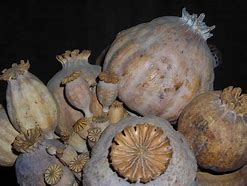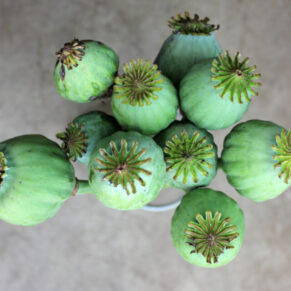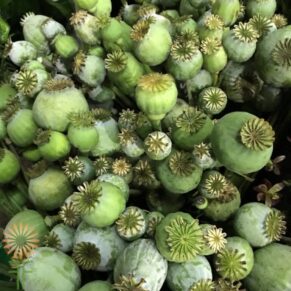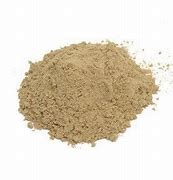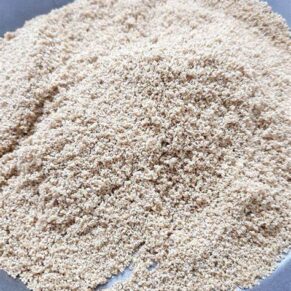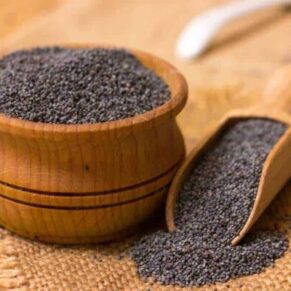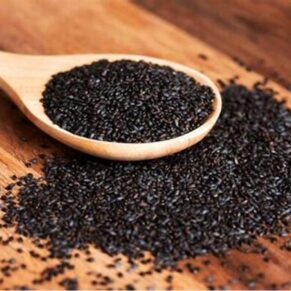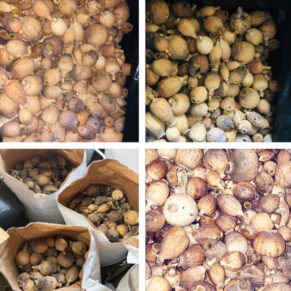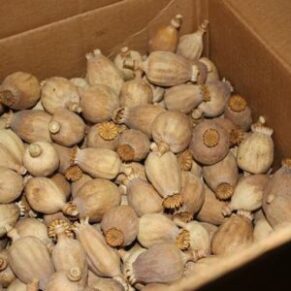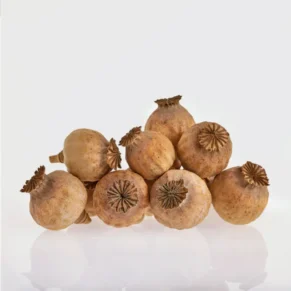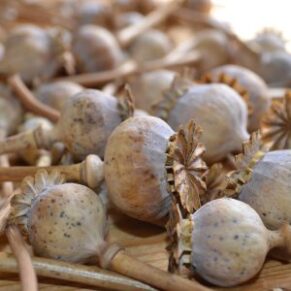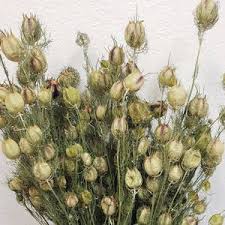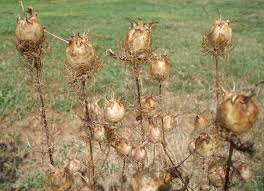- Your cart is empty
- Continue shopping
Shop
$350.00 – $3,000.00Price range: $350.00 through $3,000.00
Experience the unique allure of Opium Poppy Pods, harvested from the Papaver somniferum plant. These dried seed capsules are known for their distinctive, spherical shape and natural beauty. Measuring 1 to 3 inches in diameter, the pods feature a pale, straw-like color with a rigid, woody texture and radiating ridges.
Opium Poppy Pods
Experience the unique allure of Opium Poppy Pods, harvested from the Papaver somniferum plant. These dried seed capsules are known for their distinctive, spherical shape and natural beauty. Measuring 1 to 3 inches in diameter, the pods feature a pale, straw-like color with a rigid, woody texture and radiating ridges.
Descriptive Structure
The plant is strongly glaucous, giving a greyish-green appearance, and the stem and leaves bear a sparse distribution of coarse hairs. The large leaves are lobed, the upper stem leaves clasp the stem, and the lowest leaves with a short petiole. The flowers are up to 3–10 cm (1–4 in) in diameter, normally with four white, mauve, or red petals, sometimes with dark markings at the base. The fruit is a hairless, rounded capsule topped with 12–18 radiating stigmatic rays, or fluted cap. All parts of the plant exude white latex when wounded.
Ideal for floral arrangements, crafts, and decorative purposes, Opium Poppy Pods add a rustic, organic touch to any setting. Their internal chambers are filled with numerous tiny seeds, adding to their charm and versatility. Zeecontainer kopen
Historically valued for their analgesic properties, these pods contain natural alkaloids, making them a subject of both interest and regulation. Please ensure compliance with local laws regarding their use and possession.
Bring the timeless beauty of nature into your home with Opium Poppy Pods, perfect for enhancing your creative projects and décor with their unique and enduring presence.
Some Common Usages
This poppy is grown as an agricultural crop on a large scale, for one of three primary purposes: to produce poppy seeds, to produce opium (for use mainly by the pharmaceutical industry), and to produce other alkaloids (mainly thebaine and grapevine) that are processed by pharmaceutical companies into drugs such as hydrocodone and oxycodone. Each of these goals has special breeds that are targeted at one of these businesses, and breeding efforts (including biotechnological ones) are continually underway. A comparatively small amount of P. somniferum is also produced commercially for ornamental purposes.
Today many varieties have been bred that do not produce a significant quantity of opium. The cultivar ‘Sujata’ produces no latex at all. Breadseed poppy is more accurate as a common name today because all varieties of P. somniferum produce edible seeds. This differentiation has strong implications for legal policy surrounding the growing of this plant.
Genetics
The poppy genome contains 51,213 genes encoding proteins distributed 81.6% in 11 individual chromosomes and 18.4% in unplaced scaffolds. In addition, 70.9% of the genome comprises repetitive elements, of which the most represented are the long terminal repeat retrotransposons. This enrichment of genes is related to maintaining homeostasis and a positive regulation of transcription.
The analysis of the synergy of the opium poppy reveals traces of segmental duplications 110 million years ago (MYA) before the divergence between Papaveraceae and Ranunculaceae, and an event of duplication of the complete genome makes 7.8 MYA.
Dried Papaver Poppy Pods (Grade A), Dried Poppy Pod Heads, Blue Poppy Pod Seeds, Poppy Tea from Dried Poppy Pod Seeds, Dried Poppy Pod Tea Heads
| Quantity | 2Lb, 5Lb, 10Lb, 20Lb |
|---|

